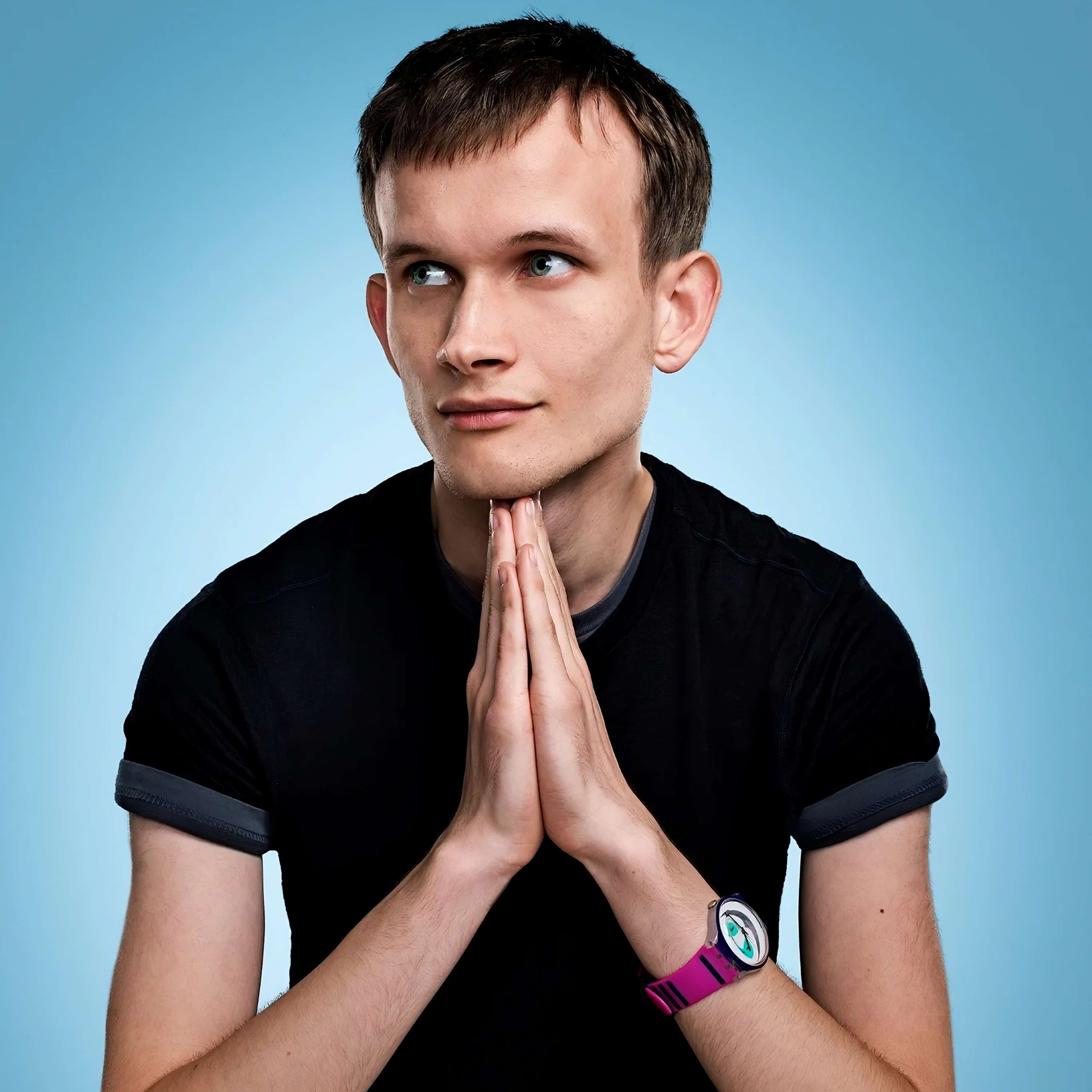
#194 – Vitalik Buterin on defensive acceleration and how to regulate AI when you fear government

80,000 Hours Podcast
Shownotes Transcript
"If you’re a power that is an island and that goes by sea, then you’re more likely to do things like valuing freedom, being democratic, being pro-foreigner, being open-minded, being interested in trade. If you are on the Mongolian steppes, then your entire mindset is kill or be killed, conquer or be conquered … the breeding ground for basically everything that all of us consider to be dystopian governance. If you want more utopian governance and less dystopian governance, then find ways to basically change the landscape, to try to make the world look more like mountains and rivers and less like the Mongolian steppes." —Vitalik Buterin
Can ‘effective accelerationists’ and AI ‘doomers’ agree on a common philosophy of technology? Common sense says no. But programmer and Ethereum cofounder Vitalik Buterin showed otherwise with his essay “My techno-optimism),” which both camps agreed was basically reasonable.
Links to learn more, highlights, video, and full transcript.)
Seeing his social circle divided and fighting, Vitalik hoped to write a careful synthesis of the best ideas from both the optimists and the apprehensive.
Accelerationists are right: most technologies leave us better off, the human cost of delaying further advances can be dreadful, and centralising control in government hands often ends disastrously.
But the fearful are also right: some technologies are important exceptions, AGI has an unusually high chance of being one of those, and there are options to advance AI in safer directions.
The upshot? Defensive acceleration: humanity should run boldly but also intelligently into the future — speeding up technology to get its benefits, but preferentially developing ‘defensive’ technologies that lower systemic risks, permit safe decentralisation of power, and help both individuals and countries defend themselves against aggression and domination.
Entrepreneur First is running a defensive acceleration incubation programme with $250,000 of investment. If these ideas resonate with you, learn about the programme) and apply by August 2, 2024). You don’t need a business idea yet — just the hustle to start a technology company.
In addition to all of that, host Rob Wiblin and Vitalik discuss:
- AI regulation disagreements being less about AI in particular, and more whether you’re typically more scared of anarchy or totalitarianism.
- Vitalik’s updated p(doom).
- Whether the social impact of blockchain and crypto has been a disappointment.
- Whether humans can merge with AI, and if that’s even desirable.
- The most valuable defensive technologies to accelerate.
- How to trustlessly identify what everyone will agree is misinformation
- Whether AGI is offence-dominant or defence-dominant.
- Vitalik’s updated take on effective altruism.
- Plenty more.
Chapters:
- Cold open (00:00:00)
- Rob’s intro (00:00:56)
- The interview begins (00:04:47)
- Three different views on technology (00:05:46)
- Vitalik’s updated probability of doom (00:09:25)
- Technology is amazing, and AI is fundamentally different from other tech (00:15:55)
- Fear of totalitarianism and finding middle ground (00:22:44)
- Should AI be more centralised or more decentralised? (00:42:20)
- Humans merging with AIs to remain relevant (01:06:59)
- Vitalik’s “d/acc” alternative (01:18:48)
- Biodefence (01:24:01)
- Pushback on Vitalik’s vision (01:37:09)
- How much do people actually disagree? (01:42:14)
- Cybersecurity (01:47:28)
- Information defence (02:01:44)
- Is AI more offence-dominant or defence-dominant? (02:21:00)
- How Vitalik communicates among different camps (02:25:44)
- Blockchain applications with social impact (02:34:37)
- Rob’s outro (03:01:00)
Producer and editor: Keiran HarrisAudio engineering team: Ben Cordell, Simon Monsour, Milo McGuire, and Dominic ArmstrongTranscriptions: Katy Moore
